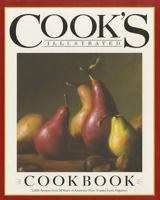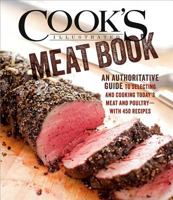Lies Across America: What Our Historic Sites Get Wrong
Select Format
Select Condition 
You Might Also Enjoy
Book Overview
Related Subjects
Biographical Biographies Biographies & History Biography & History Business Business & Finance Business & Investing Civil War Economics Elections & Political Process Entrepreneurship History Leadership Management & Leadership Political Science Politics & Government Politics & Social Sciences Small Business & Entrepreneurship TextbooksCustomer Reviews
Rated 4 starsVery valuable and interesting book
For all the shrill complaints, you'll notice no one points out any errors in this book. Indeed, most of the factual history in the book is solid and not even seriously debated by historians. For example - numerous memorials notwithstanding - all serious historians agree that the Confederates, not the Union, burned Richmond and many other Southern cities as they abandoned them. I learned a lot from this book, and I haven't...
7Report
Rated 4 starsTake with you on next vacation
This book is a eye opener. It can get a bit boring just reading straight through. My recommendation is take it with you the next time you go on vacation and try to find some of these sites listed in the book.
1Report
Rated 5 starsThere She Is, Myth America...
Let me preface this by telling you that I think that the scientific method can be used to do good history; I read Skeptic Magazine; I think that Guns, Germs, and Steel by Jared Diamond and Born To Rebel by Frank J. Sulloway are two of the best pieces of history writing done in recent years. I want to know what REALLY happened in the past. Lies Across America by James W. Loewen helps to teach us history as it was, not how we'd...
1Report
Rated 5 starsAn Impressively Accurate History Text
After reading some of the reviews here, I was a bit concerned that perhaps Mr. Loewen might have skewed his history a bit to help make his admittedly entertaining points. While the book's essays are copiously footnoted, and each essay contains its own bibliography (often running to half a dozen or more citations even for a small three or four page essay), some of the criticisms of Mr. Loewen's work still gave me pause. Since...
1Report
Rated 5 starsOutstanding scholarship
This was an AMAZING book. It gives markers and monuments real faces: that is, the faces of the men, women, and organizations who organize and fund said sites and markers to make sure their version of "history" remains on the landscape. Especially telling are the voluminous markers to the Confederacy, continually romanticizing and ultimately misrepresenting its true origin and purpose, as well as those monuments to whites'...
1Report



























































